Top 5 Best Moisturizers for Dry Skin: Your Ultimate Guide to Hydration and Glow!
Table of Contents
Introduction
The Struggle of Dry Skin
We’ve all been there – that tight, itchy feeling, the flaky patches, the dull complexion. Dry skin can be a real drag, impacting not just how our skin looks, but how it feels too. It’s like your skin is constantly thirsty, begging for a tall glass of water. But fear not, because there’s a solution!
The Importance of Choosing the Right Moisturizer
Choosing the right moisturizer is like finding the perfect pair of jeans – it needs to fit just right. A good moisturizer can transform your skin from parched and dull to supple and radiant. It’s the key to unlocking your skin’s natural glow and keeping dryness at bay.
Understanding Dry Skin
What Causes Dry Skin?
Dry skin occurs when your skin loses too much moisture or can’t retain enough. It’s like a leaky bucket – the water keeps escaping, leaving your skin feeling dry and tight. But what causes this moisture loss? Let’s dive deeper.
- Environmental Factors: Cold weather, low humidity, and harsh winds can all strip your skin of its natural oils, leading to dryness. It’s like your skin is facing a constant onslaught from Mother Nature.
- Genetics: Some people are simply predisposed to dry skin. It’s written in their DNA.
- Underlying Skin Conditions: Conditions like eczema and psoriasis can also cause dry skin.
- Aging: As we age, our skin naturally produces less oil, making it more prone to dryness. It’s like our skin’s oil wells are slowly drying up.
Signs and Symptoms of Dry Skin
How do you know if you have dry skin? Here are some telltale signs:
- Tightness or feeling of stretched skin
- Itching
- Flaking or scaling
- Fine lines and wrinkles
- Rough or uneven texture
- Dullness or lack of radiance
- Cracking or bleeding (in severe cases)
If you’re nodding along to these symptoms, it’s time to give your skin some much-needed hydration.
Key Ingredients to Look for in Moisturizers for Dry Skin
Choosing a moisturizer is like deciphering a secret code. You need to know what ingredients to look for to unlock its hydrating powers. Here are some key players:
Humectants
Humectants are like moisture magnets. They attract water from the environment and draw it into your skin, keeping it plump and hydrated. Think of them as tiny water reservoirs for your skin.
- Hyaluronic Acid: This superstar ingredient can hold up to 1000 times its weight in water! It’s like a moisture sponge for your skin.
- Glycerin: Another powerful humectant that helps your skin retain moisture.
Emollients
Emollients are like smooth operators. They fill in the cracks between skin cells, creating a soft, smooth surface. They’re like spackle for your skin.
- Shea Butter: This rich butter is packed with fatty acids that nourish and soften dry skin. It’s like a warm hug for your skin.
- Ceramides: These lipids are naturally found in your skin’s barrier. They help lock in moisture and protect your skin from environmental aggressors.
Occlusives
Occlusives are like bodyguards for your skin. They create a protective barrier on the surface, preventing moisture from escaping. They’re like a raincoat for your skin.
- Petrolatum: This trusty ingredient is incredibly effective at sealing in moisture.
- Mineral Oil: Another occlusive that helps prevent water loss from the skin.
Top 5 Moisturizers for Dry Skin
Now, let’s get to the good stuff – the top 5 Moisturizers for Dry Skin that will quench your skin’s thirst and leave it glowing.
Pure Rich Body Butter – Super Creamy with Ceramides (Phyto, 7 oz)
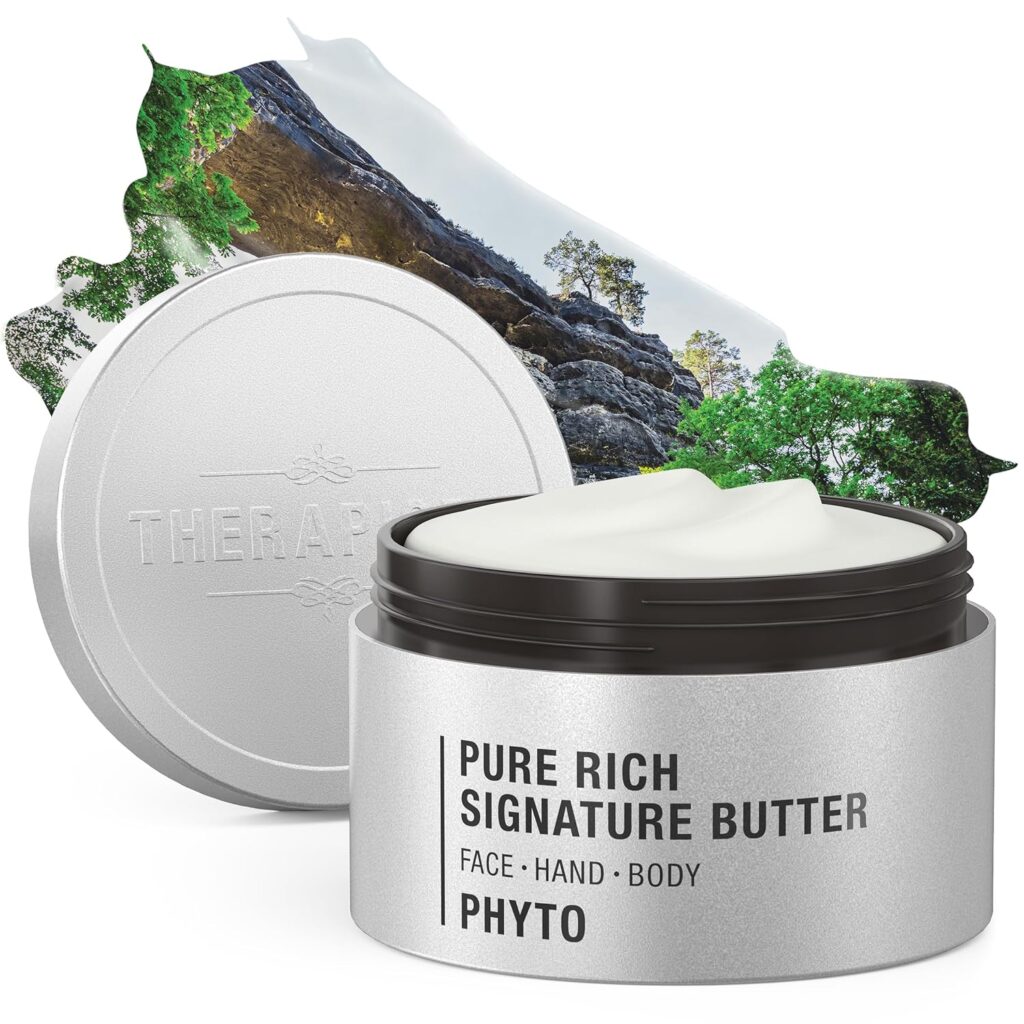
- Key Ingredients: Hyaluronic Acid, Ceramides, Shea Butter
- Benefits: Intensely hydrates, strengthens the skin barrier, soothes and softens
- Pros and Cons: Pros: Non-greasy, absorbs quickly, fragrance-free. Cons: May not be rich enough for extremely dry skin.
Minimalist Niacinamide 5% Body Lotion
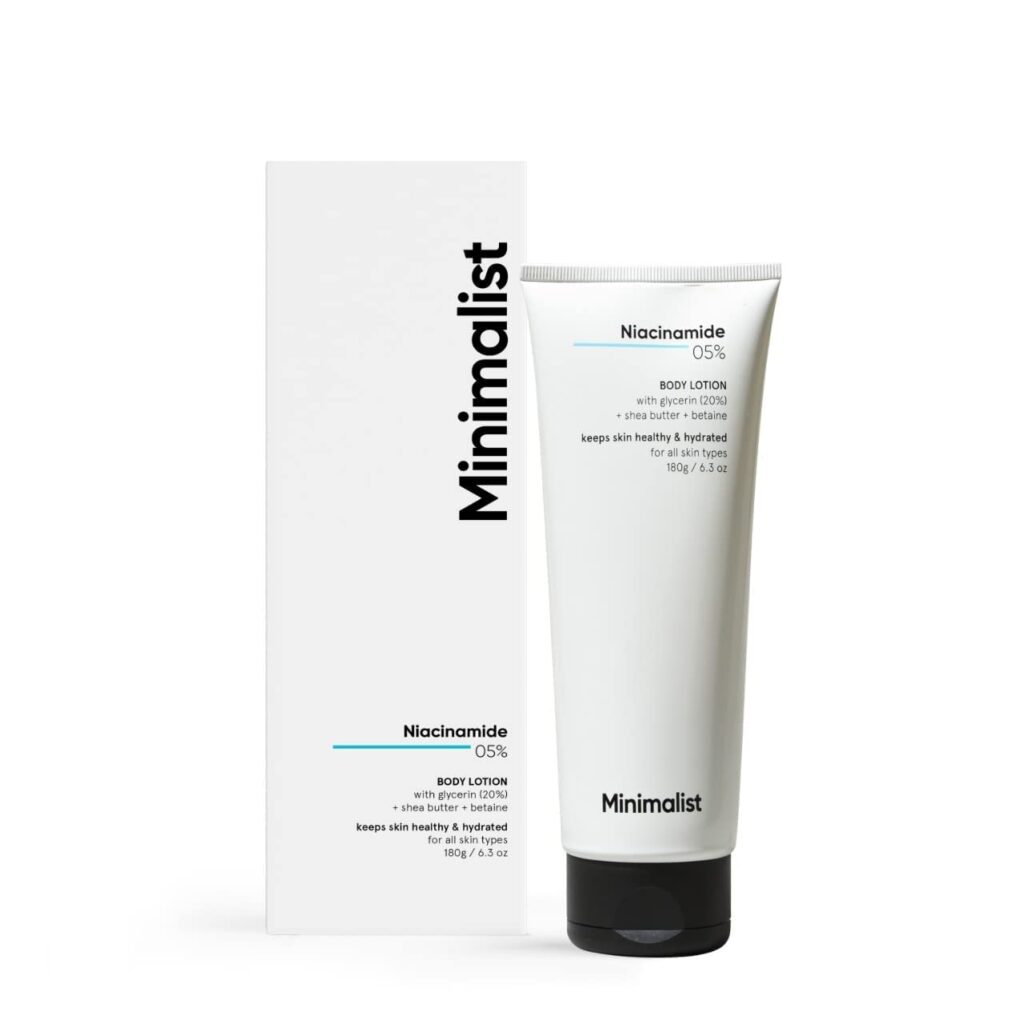
- Key Ingredients: Glycerin, Petrolatum, Niacinamide
- Benefits: Locks in moisture, repairs the skin barrier, brightens the complexion
- Pros and Cons: Pros: Very hydrating, long-lasting, affordable. Cons: May feel heavy or greasy on some skin types.
Mommy’s Bliss Eczema Ease Night Moisturizer
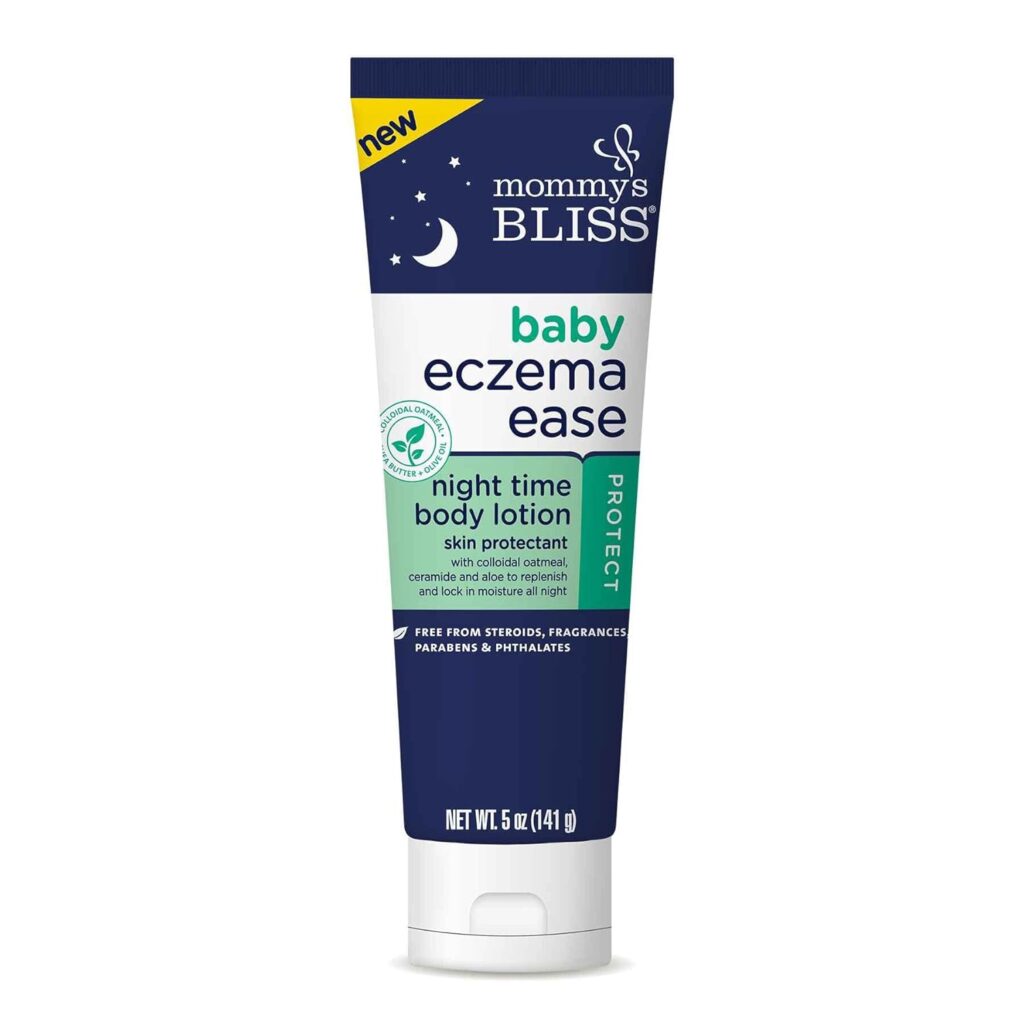
- Key Ingredients: Colloidal Oatmeal, Ceramides, Shea Butter
- Benefits: Soothes irritation, strengthens the skin barrier, provides long-lasting hydration
- Pros and Cons: Pros: Gentle, fragrance-free, suitable for sensitive skin. Cons: May take a while to absorb.
Pure Plant-Based Squalane HA+ Moisturizing Cream with Hyaluronic Acid
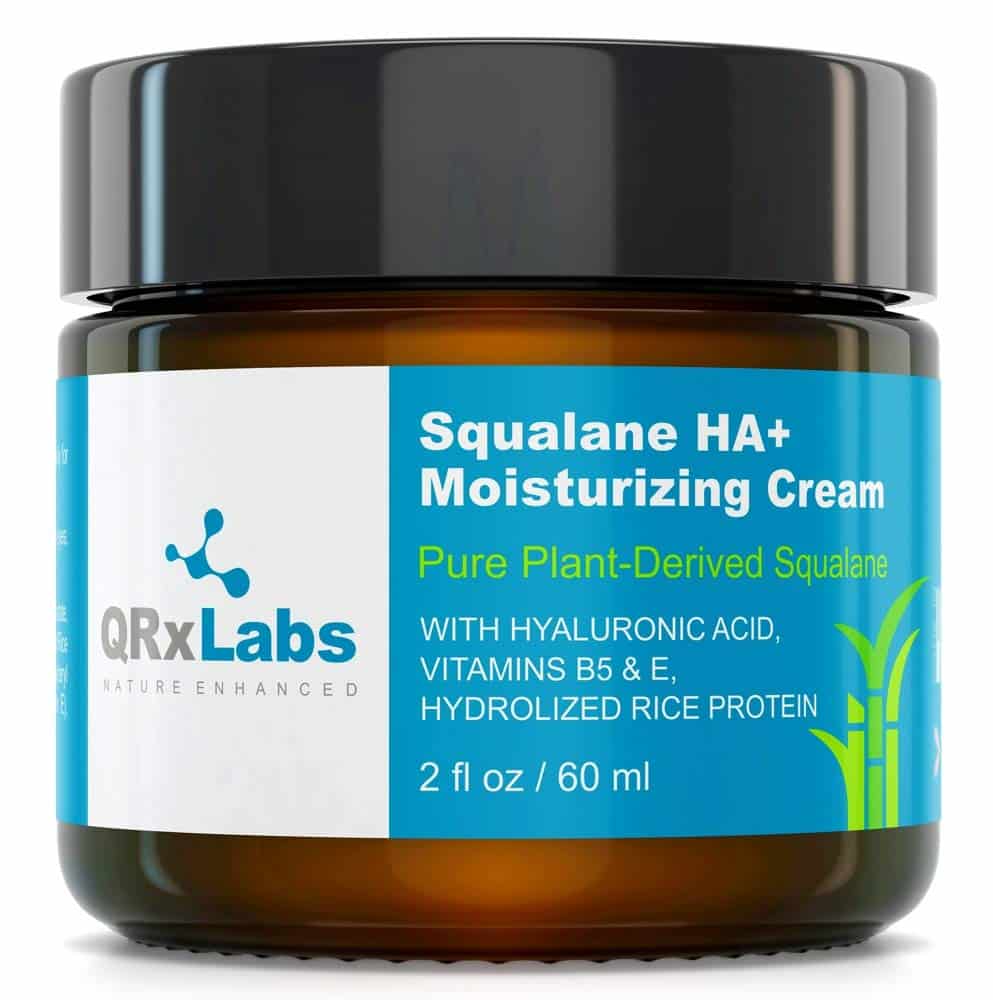
- Key Ingredients: Hyaluronic Acid, Squalane, Vitamin E
- Benefits: Plumps and hydrates, protects against free radicals, improves skin elasticity
- Pros and Cons: Pros: Lightweight, non-comedogenic, antioxidant-rich. Cons: May not be hydrating enough for very dry skin.
4% Urea Deep Moisturizing Cream with Urea, Lactic Acid, and Ceramide Complex
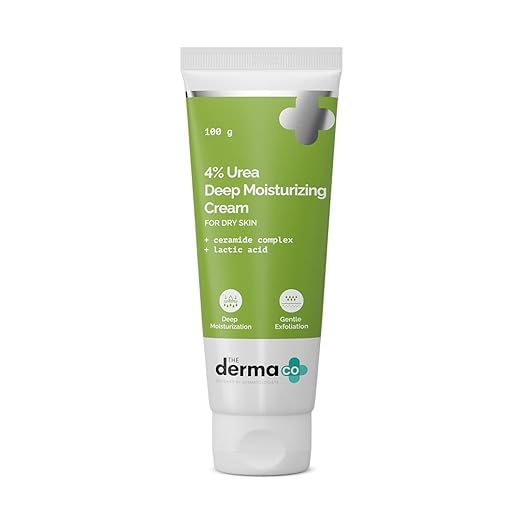
- Key Ingredients: Urea, Lactic Acid, Ceramides
- Benefits: Exfoliates gently, attracts and retains moisture, strengthens the skin barrier
- Pros and Cons: Pros: Effective for very dry, rough skin, improves skin texture. Cons: May tingle or irritate sensitive skin.
Tips for Applying Moisturizer
When to Apply
The best time to apply moisturizer is right after cleansing, while your skin is still damp. This helps lock in the moisture and prevents your skin from drying out. It’s like watering a plant after a rain shower – the soil is more receptive to the moisture.
How to Apply
- Use a gentle, upward motion to apply the moisturizer. Avoid rubbing or tugging at your skin, as this can cause irritation.
- Apply a generous amount of moisturizer, especially to dry areas like your elbows, knees, and heels.
- Don’t forget to moisturize your neck and décolletage! These areas are often neglected but are just as prone to dryness.
Additional Tips for Managing Dry Skin
Lifestyle Changes
- Drink plenty of water: Staying hydrated from the inside out is crucial for healthy skin. Aim for at least 8 glasses of water a day. It’s like giving your skin a refreshing drink.
- Use a humidifier: A humidifier adds moisture to the air, preventing your skin from drying out. It’s like creating a mini-oasis for your skin.
- Avoid hot showers: Hot water can strip your skin of its natural oils. Opt for lukewarm showers instead. It’s like stepping out of a hot sauna into a cool, refreshing pool.
- Avoid harsh soaps and detergents: These can strip your skin of its natural oils and worsen dryness. Choose gentle, fragrance-free cleansers instead.
- Wear gloves when doing chores: Cleaning products and harsh chemicals can irritate your skin. Protect your hands by wearing gloves.
Skincare Routine
- Cleanse gently: Use a mild, hydrating cleanser that won’t strip your skin of its natural oils.
- Exfoliate regularly: Exfoliating helps remove dead skin cells, allowing your moisturizer to penetrate better. But don’t overdo it! Once or twice a week is enough.
- Apply a serum: A hydrating serum can provide an extra boost of moisture before applying your moisturizer. It’s like giving your skin a vitamin shot.
- Don’t forget sunscreen: Sun exposure can worsen dryness and damage your skin. Apply sunscreen daily, even on cloudy days.
Conclusion
Dry skin doesn’t have to be a lifelong struggle. By understanding its causes, choosing the right Moisturizers for Dry Skin, and adopting a consistent skincare routine, you can achieve hydrated, glowing skin. Remember, it’s not just about looking good, it’s about feeling good in your own skin.
FAQs
- Can I use the same moisturizer for my face and body? Ideally, you should use separate moisturizers for your face and body. Facial skin is more delicate and may require a lighter formula, while your body may need a richer moisturizer.
- How often should I apply moisturizer? You should apply moisturizer at least twice a day, morning and night. You may need to apply more frequently if your skin is very dry or if you’re exposed to harsh environmental conditions.
- Can I use a moisturizer if I have oily skin? Yes, even oily skin needs hydration. Look for a lightweight, oil-free moisturizer that won’t clog your pores.
- Can diet affect my skin’s hydration? Absolutely! Eating a diet rich in fruits, vegetables, and healthy fats can help improve your skin’s hydration from the inside out.
- When should I see a dermatologist about my dry skin? If your dry skin is severe, persistent, or accompanied by other symptoms like redness, swelling, or pain, it’s best to see a dermatologist. They can help diagnose any underlying conditions and recommend the best treatment options for you.
- For more informative article visit our website UREYU

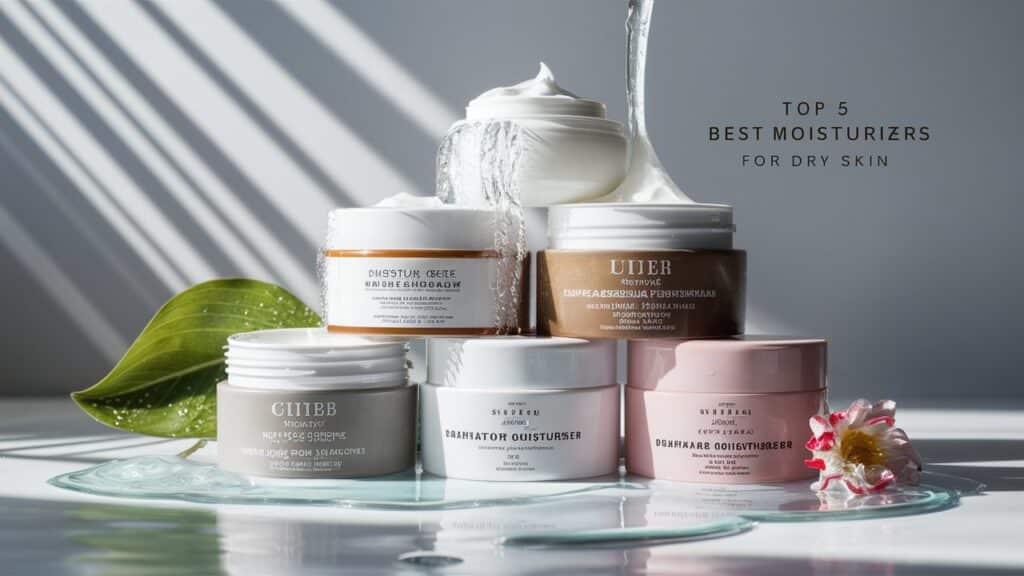
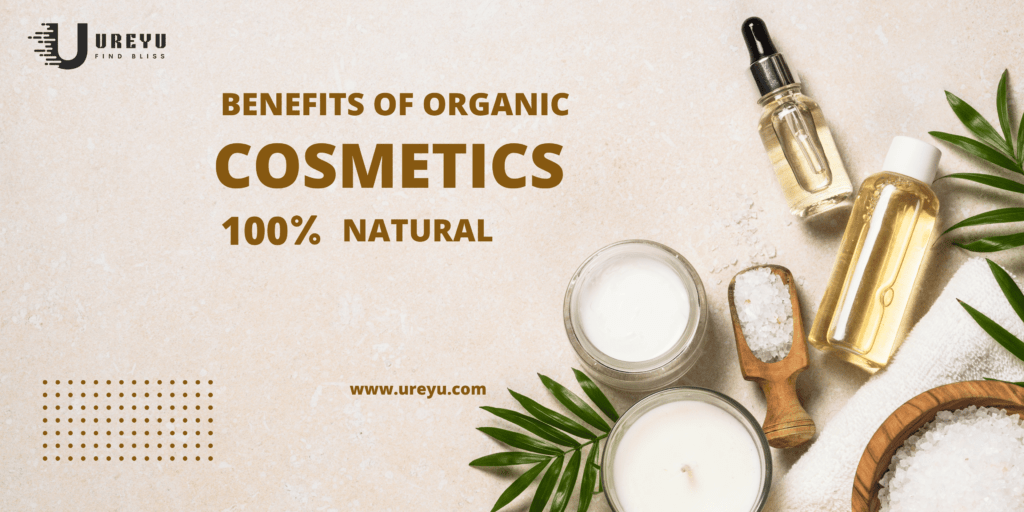

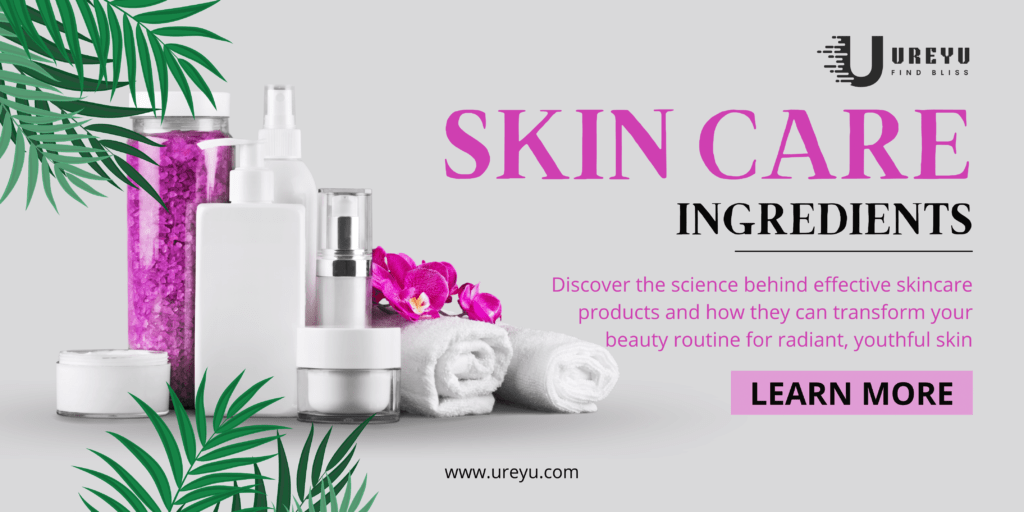
I conceive this site holds some really good information for everyone : D.
Hello my friend! I wish to say that this post is awesome, nice written and include almost all important infos. I’d like to see more posts like this.
zbhvfw